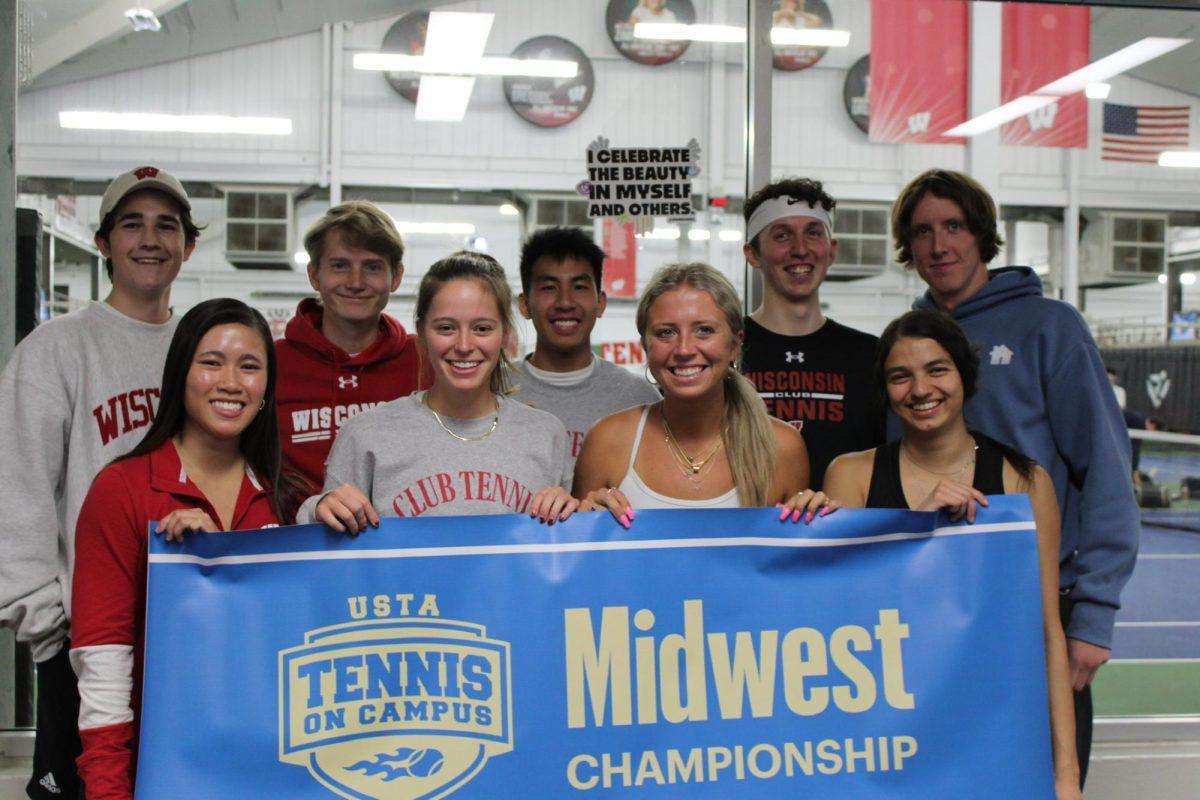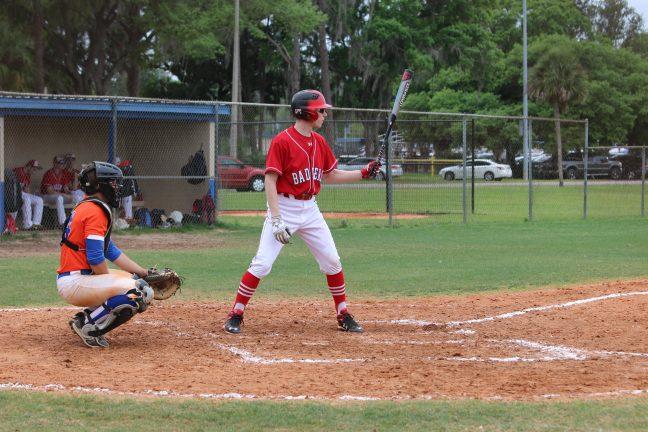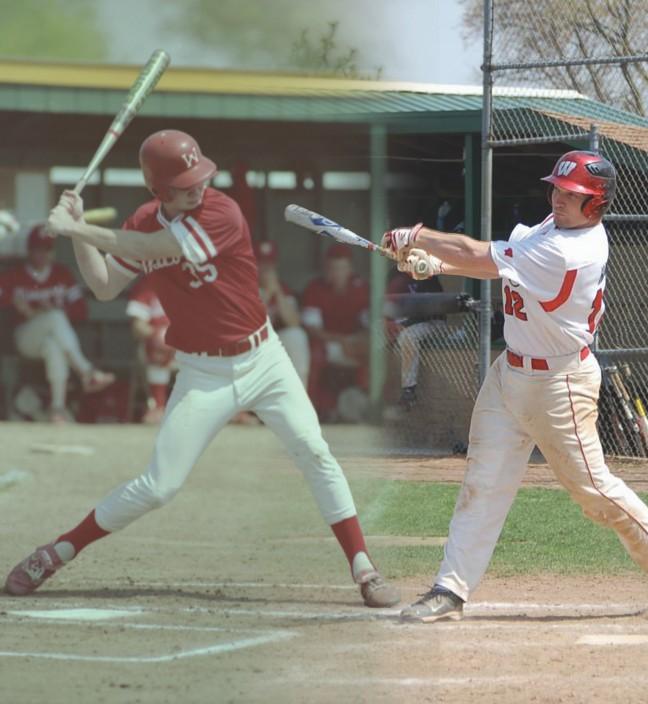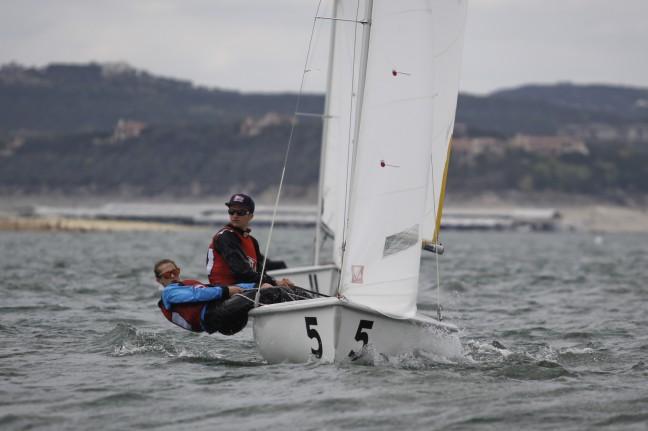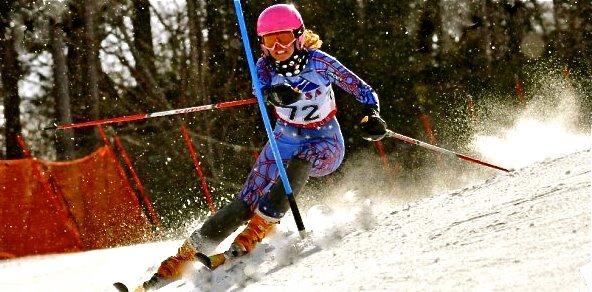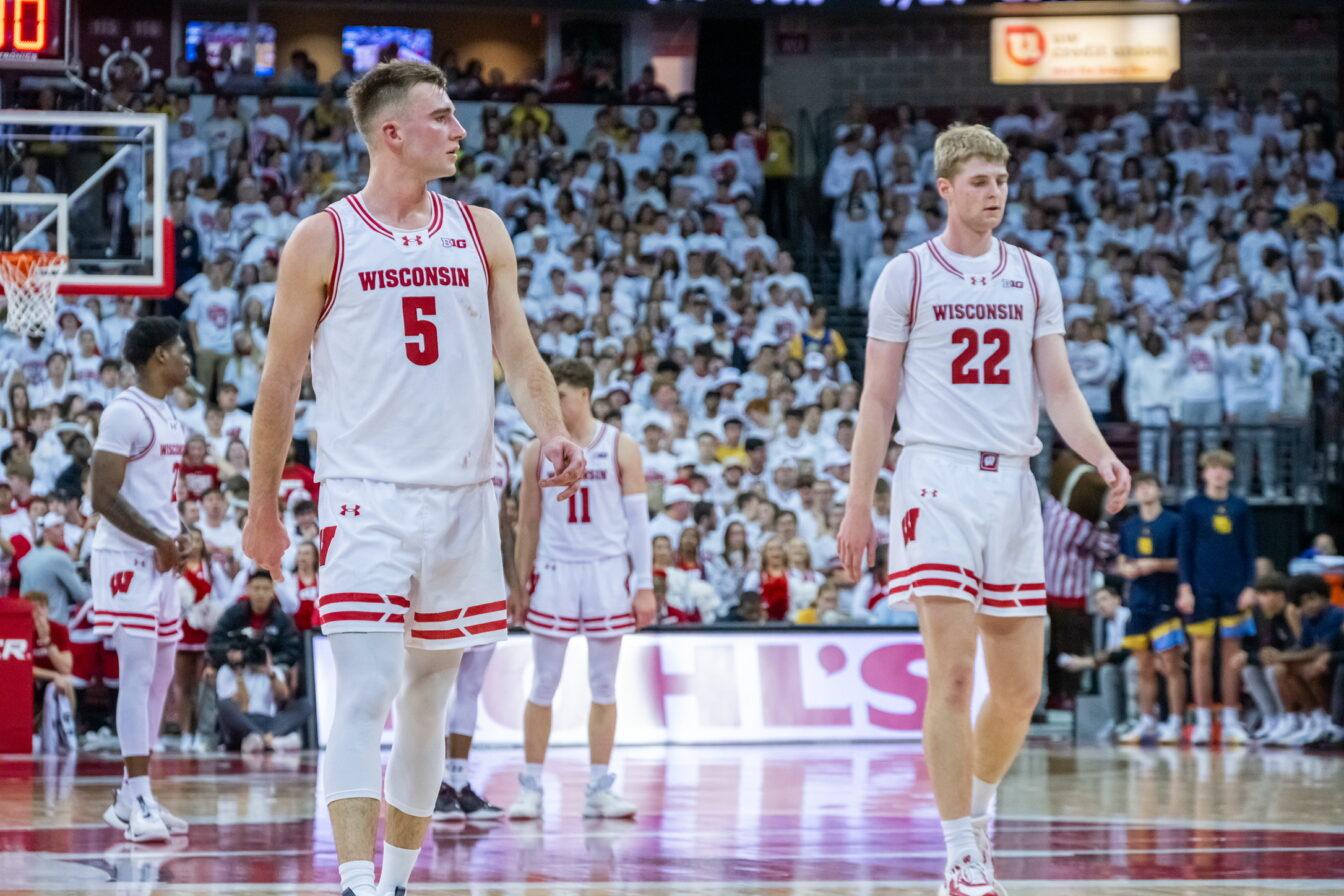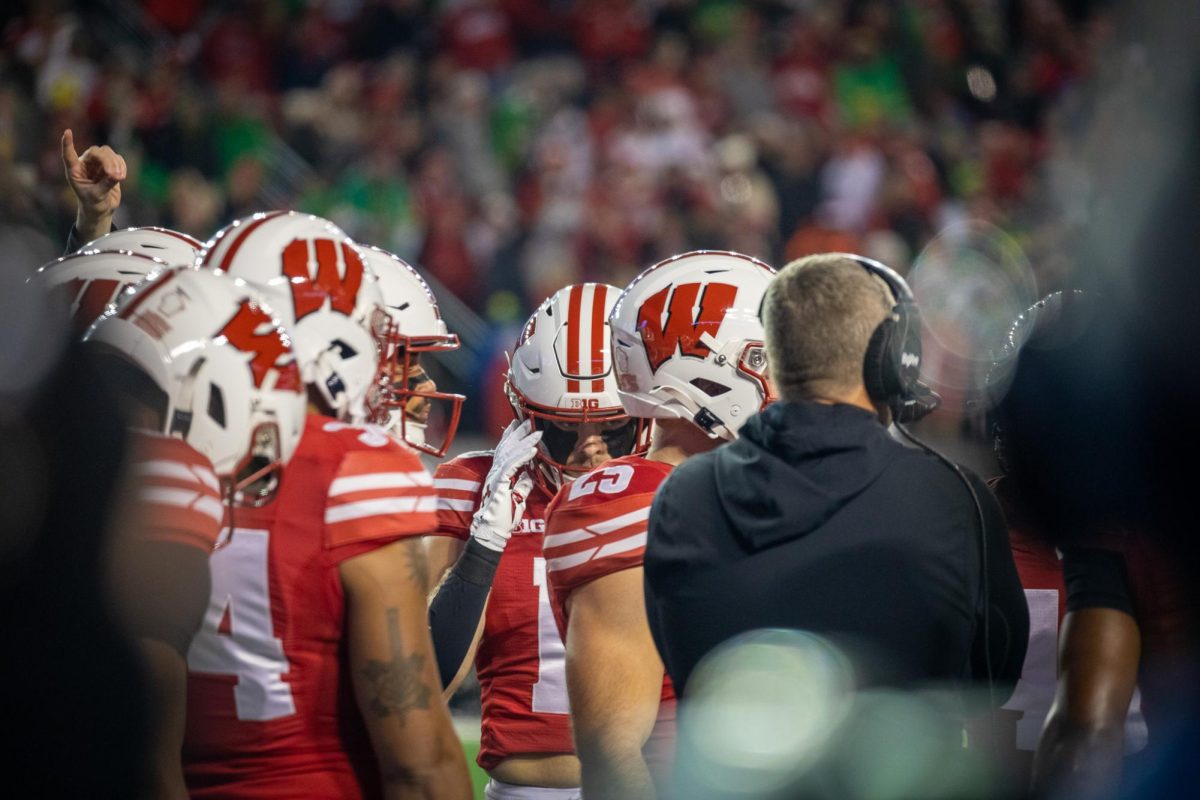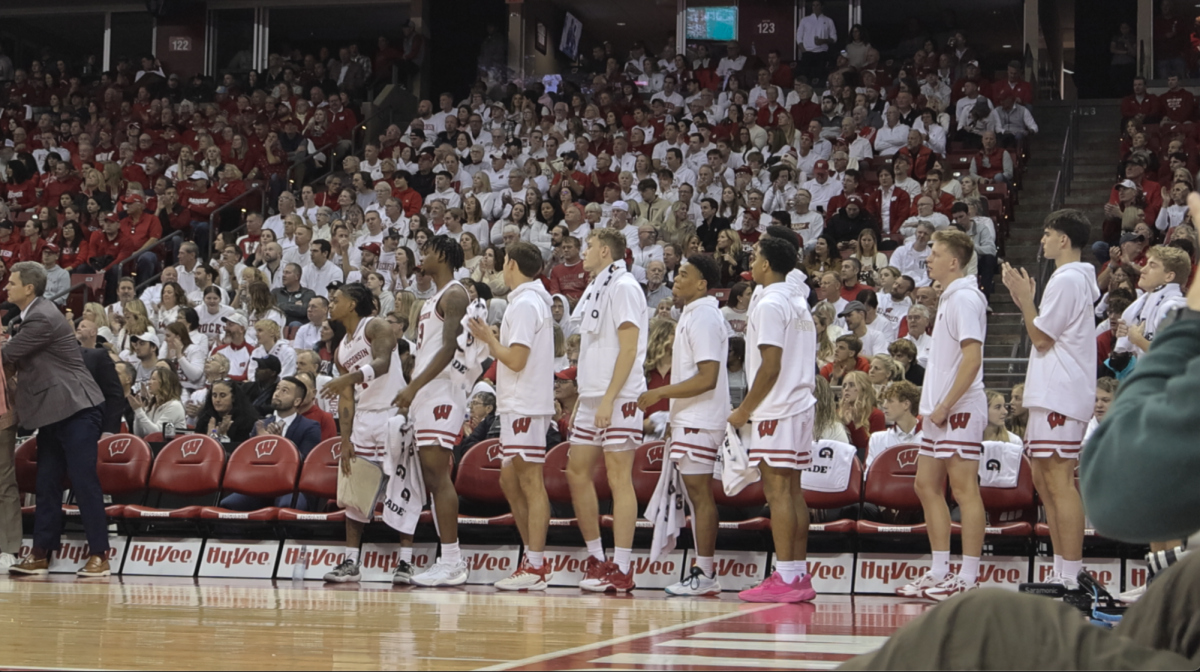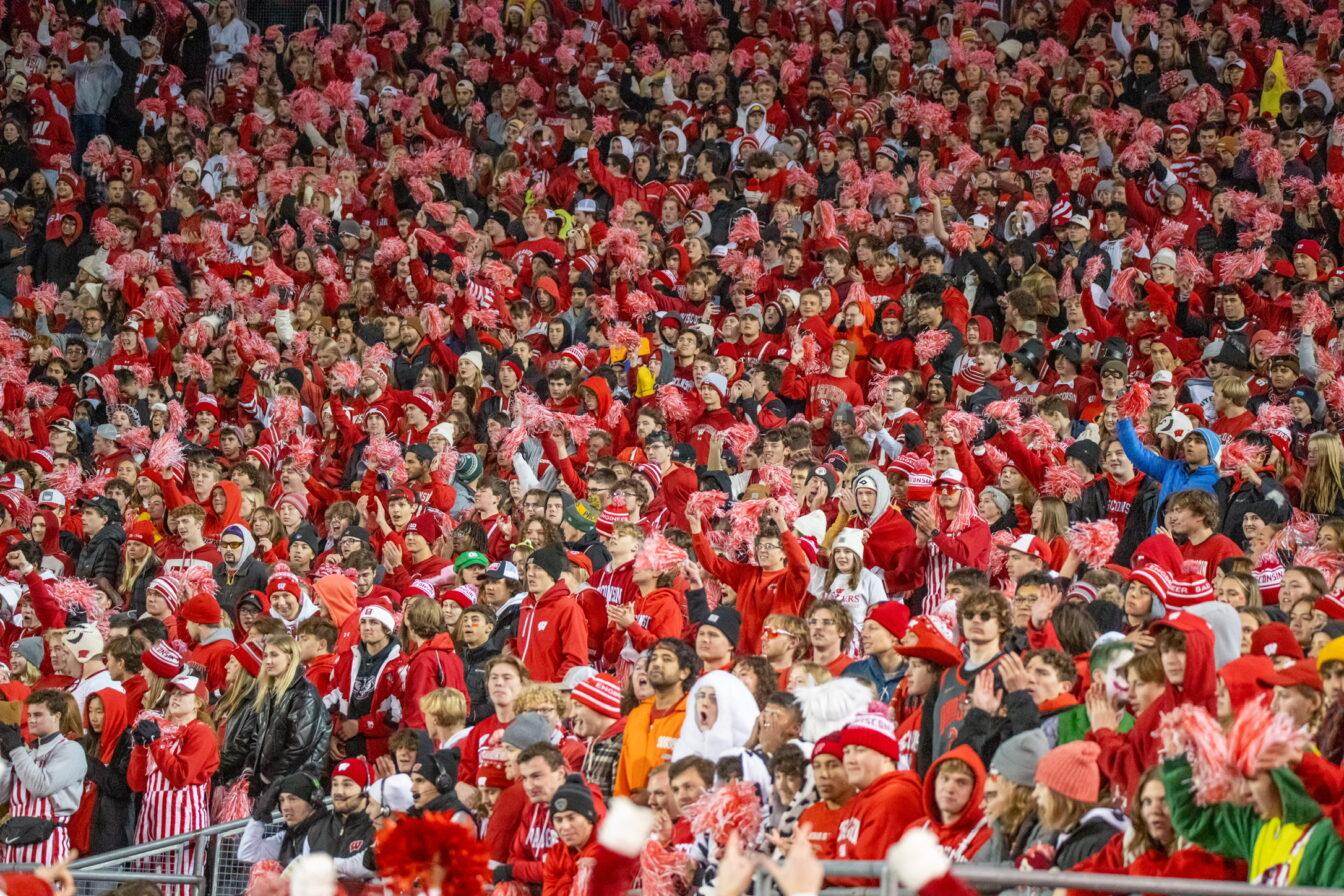
The University of Wisconsin Rugby Football Club achieved an impressive victory Sunday, defeating the University of Nebraska 76-0.
The Badgers improved to 5-1 on the season and lead the Division I Western League with three matches remaining. Wisconsin scored twice during the first five minutes, aided by its superior speed and strength during pivotal scrums.
“We came out hard and fast right from the start,” head coach Skip Heffernan said. “We dominated in the scrums, pushing them backwards every time. We were keeping possession of our own ball.”
For on-field captain Andrew Hanske, Wisconsin’s victory was a result of efficient ball movement.
“We recycled the ball quickly and attacked the Nebraska defense before they were able to fully organize their defensive line,” Hanske said. “Our scrumhalf Ryan McGlynn did a good job distributing the ball across the field to areas where the Nebraska defense was weakest.”
Nebraska threatened to score twice late in the game after Wisconsin turned over the ball, but the Badgers’ defense was able to stop the Cornhuskers and preserve the shutout.
“I think occasionally we got a little sloppy with our ball handling,” Hanske said. “There were a couple of instances where we would try and make a pass that was not there or a player would lose the ball in contact. Against better teams, mistakes like that will cost us.”
With the victory, UW rugby is three matches away from a berth in the Division I national championships this spring. The Badgers have already qualified for the first-ever USA Rugby Collegiate Rugby Sevens National Championship in December after defeating Penn State 21-14 in the inaugural Big Ten 7s title game. In the 7s national championship, teams will play with seven players each as opposed to the traditional 15.
Wisconsin has been highly competitive since its inception in 1977, including a trip to the Final Four in 1992 and the finals of the Division II National Championship in 2009. The Badgers moved from Division II to Division I last year while simultaneously fielding a junior varsity Division III team.
Head coach Heffernan credits the Badgers’ recent success to the growth of youth rugby in the Midwest.
“There are quite a few teams now,” Heffernan said. “They play it as a spring sport in order to not interfere with football. I think there are over 60 high school teams now in Wisconsin. Probably 80 to 90 percent of my players have played some rugby somewhere before, whereas 15 to 20 years ago, only 10 percent had.”
Wisconsin’s members have experience ranging from recreational rugby in the Midwest to competitive rugby in Europe prior to attending UW. However, the majority of players on the Division III team came to the university having never played rugby before or with limited rugby experience. Most have backgrounds in football or wrestling and can work toward eventually playing on the Division I team.
“If you want a contact sport, we’ve got the sport for you,” Heffernan said.
While the Badgers are hoping to find success both regionally and nationally, Heffernan hopes to expand on the team’s success internationally. Though rugby is a relatively new sport in the United States, it has been played in the United Kingdom since 1845. Youth and professional rugby in England are as popular as American football in the United States. Today, both professional and amateur rugby teams are prevalent throughout South America, Europe and many former British colonies.
UW traditionally participates in an overseas rugby tour every other year. Previous tours have included matches in Ireland, Italy and Chile, and the team is currently planning to travel to Portugal in March. While the Badgers originally struggled to play at the level of European teams, as the talent has improved domestically, they have found increased success abroad.
Heffernan would like to see American teams, including UW rugby, compete with the speed and strength necessary to win internationally.
For now, though, Wisconsin is focused on its three remaining matches. Iowa State and Northern Iowa come to Madison Oct. 22 and 29, respectively, while the Badgers will travel to UW-Stout Nov. 5. If the Badgers can win out, they will qualify for the Division I national championship and the opportunity to improve upon their second place finish in 2009.
UW would like to host the first round of the National Championship in Madison.
“Having competitive matches and having people fall in love with rugby the way I did is my goal” Heffernan said. “But it’s always more fun to win, so our goal is to try to win the next three games and go to the national championship. It takes a little luck and a lot of hard work, but if the guys do that, I think we’ve got a good chance of being there.”


